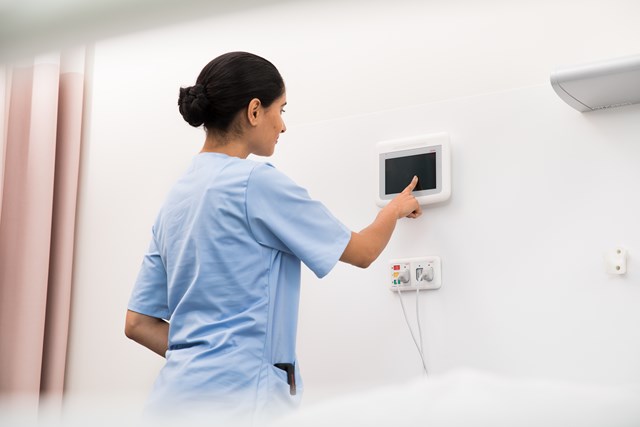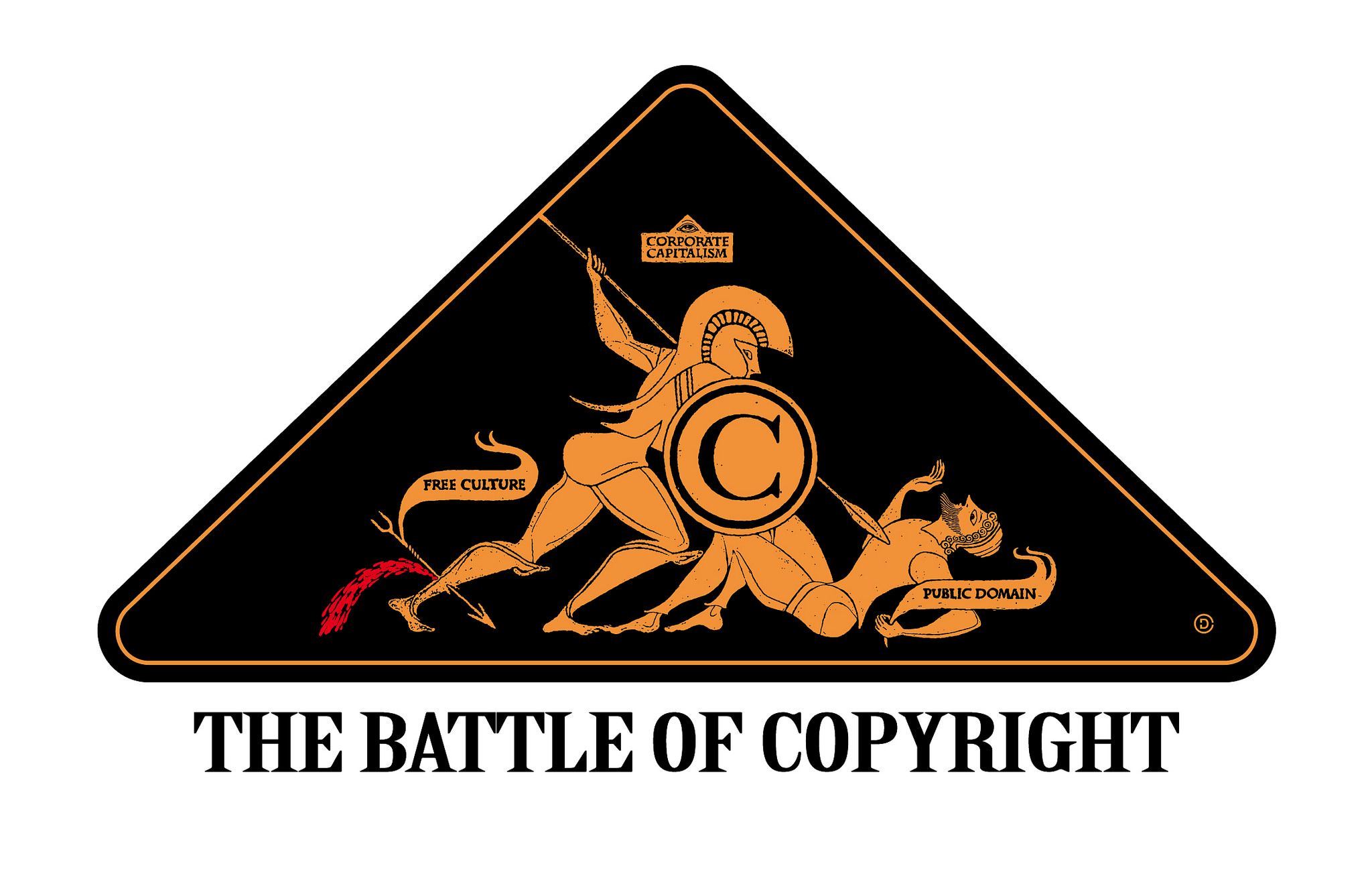In the ever-evolving landscape of healthcare, effective communication between patients and healthcare providers is vital. Smart nurse call systems have emerged as essential tools that enhance this communication, ensuring patients can quickly alert staff when they need assistance. However, budget constraints in healthcare facilities often make it challenging to adopt the latest technologies. This article will explore cost-effective smart nurse call solutions that can improve patient care while being mindful of financial considerations.
Understanding Smart Nurse Call Systems
What is a Smart Nurse Call System?
A smart nurse call system is an advanced communication solution that allows patients to notify healthcare staff of their needs through an integrated network of wired and wireless devices. These systems offer real-time alerts, data analytics, and integration with other healthcare technologies, leading to improved operational efficiency and patient satisfaction.
Importance of Smart Nurse Call Systems
Smart nurse call systems are crucial for several reasons:
- Immediate Communication: They allow for real-time communication between patients and nursing staff, ensuring prompt assistance.
- Enhanced Workflow: These systems streamline communication processes, allowing staff to manage their time and resources effectively.
- Data Utilization: Analytics from smart systems can inform staffing decisions and improve operational strategies, leading to better patient outcomes.
Key Benefits of Smart Nurse Call Systems
1. Improved Response Times
One of the most significant advantages of smart nurse call systems is their ability to reduce response times. With immediate notifications sent to nursing staff, patients receive timely assistance, which can be critical for their health and well-being.
2. Increased Patient Satisfaction
When patients know they can easily reach out for help, their overall experience improves. Quick response times and effective communication foster a positive environment, leading to higher satisfaction scores and better patient reviews.
3. Enhanced Staff Efficiency
By streamlining communication, smart nurse call systems allow staff to focus on patient care rather than administrative tasks. This efficiency can lead to improved staff morale and lower turnover rates.
4. Cost Savings Through Integration
Many smart nurse call systems can integrate with existing healthcare technologies, such as electronic health records (EHR) and patient monitoring systems. This integration reduces the need for multiple systems and can lead to significant cost savings.
Cost-Effective Smart Nurse Call Solutions
When considering the implementation of a smart nurse call system, healthcare facilities should explore cost-effective solutions that meet their operational needs without sacrificing quality. Here are some strategies and options:
1. Assessing Facility Needs
Before investing in a smart nurse call system, healthcare facilities should conduct a thorough assessment of their specific needs. This assessment should include:
- Patient Demographics: Understanding the needs of the patient population can guide the selection of features.
- Facility Layout: Evaluating the physical layout helps determine the best configuration for call points and alerts.
- Staffing Levels: Analyzing staffing patterns can inform decisions about the necessary features and capacities of the system.
2. Choosing the Right Features
Selecting the right features is crucial for maximizing the return on investment (ROI). Consider focusing on essential functionalities:
- Real-Time Alerts: Ensure the system provides immediate notifications to nursing staff when a patient calls for assistance.
- Multiple Communication Channels: Look for systems that support various communication methods, such as text messages, mobile alerts, and visual notifications.
- Customizable Workflows: Choose a system that allows for the customization of alerts based on patient needs, helping staff prioritize their responses.
3. Exploring Modular Systems
Modular smart nurse call systems allow healthcare facilities to start with essential features and expand as needed. This approach offers several benefits:
- Lower Initial Investment: Facilities can begin with a basic setup, reducing upfront costs.
- Scalability: As the facility grows, additional features and devices can be added without replacing the entire system.
- Flexibility: Modular systems can adapt to changing needs, ensuring that the technology remains relevant over time.
4. Considering Cloud-Based Solutions
Cloud-based smart nurse call systems can provide significant cost savings compared to traditional on-premises solutions. Benefits include:
- Reduced Hardware Costs: Cloud solutions eliminate the need for extensive hardware installations, lowering initial expenses.
- Lower Maintenance Costs: The cloud provider manages system updates and maintenance, reducing the burden on internal IT staff.
- Pay-As-You-Go Models: Many cloud-based systems operate on a subscription basis, allowing facilities to pay only for the services they use.
5. Vendor Partnerships and Discounts
Building strong relationships with vendors can lead to cost savings. Consider the following strategies:
- Negotiating Contracts: Engage in discussions with vendors to explore potential discounts for long-term contracts or larger purchases.
- Participating in Group Purchasing Programs: Joining group purchasing organizations can provide access to bulk discounts on smart nurse call systems and related technologies.
- Seeking Value-Added Services: Some vendors offer training and support as part of their packages. Ensure that these services are included to minimize additional costs.
6. Leveraging Existing Technology
Many healthcare facilities already have certain technologies in place that can be leveraged to enhance a new smart nurse call system. Consider:
- Integrating with Existing EHRs: If the facility already uses an EHR, ensure that the smart nurse call system can integrate with it to streamline processes.
- Utilizing Existing Communication Devices: If staff already use mobile devices, choose a smart nurse call system that can send alerts to those devices, minimizing the need for additional hardware.
7. Training and Support
Investing in staff training is crucial for maximizing the effectiveness of a smart nurse call system. Consider these approaches:
- Comprehensive Training Programs: Ensure that all staff members receive thorough training on how to use the system effectively.
- Ongoing Support: Establish a support system for staff to address any issues that may arise after implementation. Quick access to technical support can minimize downtime.
Conclusion
Implementing a smart nurse call system can significantly enhance communication and patient care in healthcare facilities. By focusing on cost-effective solutions, such as modular systems, cloud-based options, and leveraging existing technologies, healthcare providers can maximize their investment while improving operational efficiency.
As the healthcare landscape continues to evolve, adopting smart nurse call systems will be essential for meeting the demands of modern care delivery. By making informed decisions and prioritizing essential features, healthcare facilities can ensure they provide high-quality care while remaining financially sustainable.










